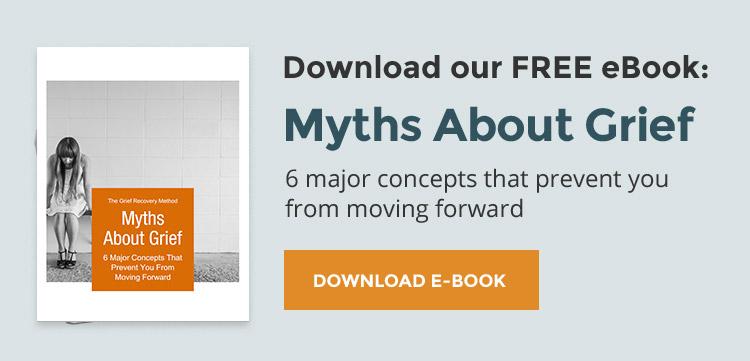
Did you know that losing trust causes grief?
Most people think of grief as tied to tangible losses, like the death of a loved one. However, grief isn’t limited to death and divorce. It includes intangible losses, too, like the loss of trust. When trust breaks, whether through betrayal, dishonesty, or broken promises, it leaves a real and painful void.
This kind of loss has happened to everyone. Maybe someone you loved let you down, or an institution, doctor, or politician you believed in turned out to be harmful. The sting is real. It’s not just disappointment; it’s grief.
Unaddressed grief doesn't fade with time. Losing trust can weigh on your heart, making it hard to open up again or feel secure. Society might not call this grieving, but that doesn’t change how it feels. You might feel stuck, replaying what happened, wondering why you didn’t see it coming. That’s your heart signaling a loss worth facing.

Healing doesn’t mean pretending it didn’t hurt. It starts with naming the loss: trust is gone, and that matters. We encourage you to stop burying your feelings and look at them honestly instead. What did that trust mean to you? What did losing it take away? Only by answering those questions can you begin to let go of the pain, not the memory, and reclaim your ability to trust again when you’re ready.
Loss of trust is grief, plain and simple. It deserves your attention, not your silence. So why not give it the space to heal? Your heart will thank you.
Other Blogs you may enjoy:
Intangible Losses: Loss of Trust, Safetly and Security
https://www.griefrecoverymethod.com/blog/2024/04/intagible-losses-loss-trust-safety-and-security
What is the Difference Between Trauma and Grief
https://www.griefrecoverymethod.com/blog/2015/02/what-difference-between-trauma-and-grief

























Add new comment